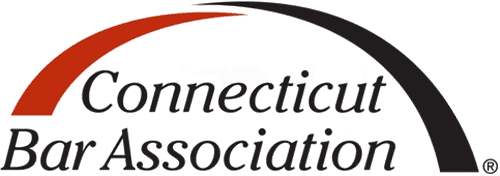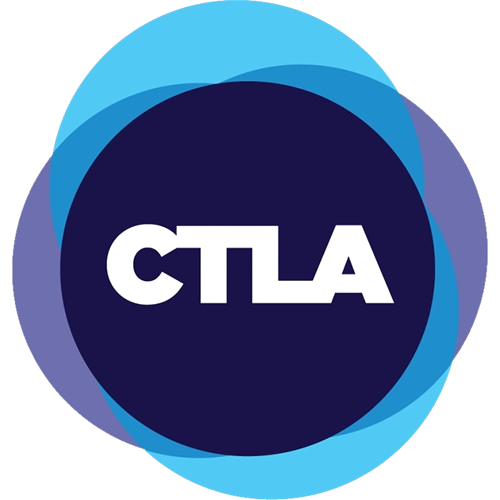Estate Planning and Asset Preservation Planning
The best estate plans are designed to help people transition assets and wealth to their intended heirs and beneficiaries.

Estate Planning
The best estate plans are designed to help people transition assets and wealth to their intended heirs and beneficiaries. This is a process where we educate people on how their assets are held, how this impacts who can inherit the assets, and makes suggestions on how an estate plan can be kept private, be tax advantaged, avoid creditor claims, and limit the process of probate.
Because we view estate planning as more than a set of documents, we take the time to develop a broad strategic plan that meets your present and potential future needs. While we often recommend using trusts in estate planning, for trusts to operate as intended, assets must be moved “into” the trusts. This important step is often overlooked. We work with you by providing detailed instructions of what is needed to implement the plan.

Another important part of estate planning is naming agents who can help manage finances or who can direct your medical decisions, in the event you are unable to act on your own, whether due to travel, illness, or incapacity.
Asset Preservation

For many people entering the retirement phase of life, a major concern is not running out of money during life. Asset preservation aims to evaluate this risk to a family, as related to long-term care costs.
This is done by examining personal net worth, income sources, retirement plans, monthly and annual living expenses against the costs of long-term care. Long-term care, whether funded through long-term care insurance policies, or private payments, can decimate financial security for families.

Planning determines how assets may be restructured now to meet requirements for state benefits (Medicaid) to cover the costs of long-term care. We use asset preservation trusts to shift ownership of assets to beneficiaries of the trust, but the use of the trust, rather than just making a gift, protects the assets in the trust. After a 5-year period, the assets in the trust are no longer available assets of the original owner. The original owner is then deemed able to apply for Medicaid benefits to pay for long-term care.
This type of planning is complicated in nature and must be approached cautiously. Our attorneys have saved millions of dollars for families over many years.
Asset preservation saves your money while leaving you able to access Medicaid benefits. Medicaid is often the best answer to most questions along these lines:
- How can I provide or access the care and support my loved one needs?
- How can I afford to pay for the care of my loved ones?
- How can I access vital care while preserving the legacy that my loved one worked a lifetime to build?
Fiduciary Services
Fiduciary services refer to the management of assets or affairs by a trusted party on behalf of another person or entity. The fiduciary (often a professional or institution) is legally obligated to act in the best interests of the client, putting the client’s needs ahead of their own and managing assets or making decisions prudently and ethically.
Common examples of fiduciary services include:
Trust Administration
Estate Administration
Investment Management
Guardianship or Conservatorship
Fiduciary services require a high standard of care, loyalty, and honesty. Fiduciaries must avoid conflicts of interest, disclose any potential conflicts, and act with skill and diligence in managing the assets or affairs entrusted to them. They are often subject to legal and regulatory oversight to ensure they uphold their fiduciary duties and responsibilities.
Trust Administration
Trust administration involves the management and oversight of a trust according to the terms outlined in the trust document and in compliance with state law. Here are the key aspects of trust administration:
Initial Responsibilities
Notification: The trustee (the person or institution responsible for administering the trust) notifies beneficiaries and heirs about the trust’s existence and their rights.
Gathering Assets: The trustee identifies, collects, and takes control of the assets that have been placed into the trust.
Record-Keeping and Accounting
The trustee maintains detailed records of all trust transactions, including income received, expenses paid, and distributions made to beneficiaries.
Regular accounting reports may be provided to beneficiaries, depending on the terms of the trust and state law requirements.
Financial Management
If the trust includes assets that require management (such as investments), the trustee is responsible for prudently investing those assets according to the terms of the trust and applicable law.
Investment decisions should consider the needs of current and future beneficiaries, risk tolerance, and income requirements.
Making proper distributions of income and principal.
Communication and Transparency
The trustee communicates regularly with beneficiaries to keep them informed about trust administration, financial performance, and any significant decisions affecting the trust.
Transparency in decision-making and open communication help build trust and manage expectations among beneficiaries.
Termination or Continuation of the Trust
Once the trust’s purpose has been fulfilled or its duration has ended (according to the terms of the trust document), the trustee may distribute the remaining assets to beneficiaries or continue managing the trust as directed.
In some cases, the trustee may need to take steps to terminate the trust, such as distributing assets, filing final tax returns, and obtaining releases from beneficiaries.
Trust administration requires careful attention to detail, adherence to legal and fiduciary duties, and a thorough understanding of the trust document and applicable laws. Trustees often seek guidance from legal, tax, and financial professionals to ensure compliance and effective management of the trust for the benefit of its beneficiaries.
Estate Planning and Asset Preservation Planning
The best estate plans ensure your legacy is passed on with effective tax planning, creditor protection, and alignment with your wishes. It’s more than just documents; we’re right by your side to guide you through these important decisions specific to Connecticut law.



















